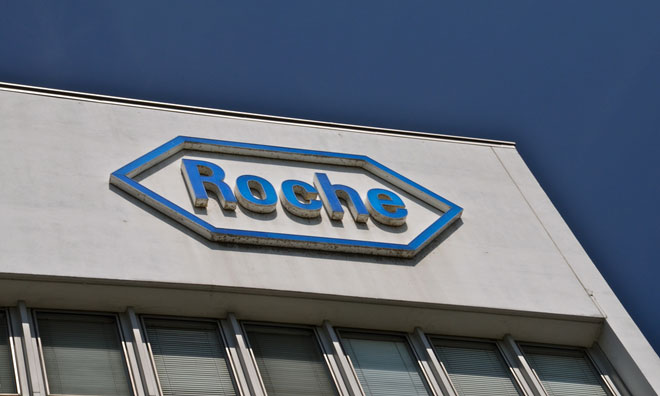Roche’s fenebrutinib shows best-in-disease potential in multiple sclerosis
Posted: 11 November 2025 | Catherine Eckford (European Pharmaceutical Review) | No comments yet
Phase III data suggest the drug could be the first high-efficacy, oral therapy for relapsing multiple sclerosis (RMS) or primary progressive multiple sclerosis.


Roche’s oral multiple sclerosis fenebrutinib is continuing on its path to become the first Bruton’s tyrosine kinase (BTK) inhibitor for both the relapsing and primary progressive forms of the condition.
In the first of three pivotal phase III trials, the primary progressive multiple sclerosis (PPMS) study FENtrepid found fenebrutinib slowed disability progression at least as effectively as Roche’s monoclonal antibody Ocrevus (ocrelizumab), the only approved therapy in PPMS. A numerical benefit for fenebrutinib compared to ocrelizumab was seen as early as week 24, which lasted throughout the observation period.
Clinical data has shown fenebrutinib to be 130 times more selective for BTK versus other kinases. The medicine inhibits both B-cell and microglia activation, which, according to Roche, may reduce both disease activity and disability progression.
These unprecedented results suggest that fenebrutinib could potentially become a best-in-disease medicine as the first high-efficacy, oral treatment for people with RMS or PPMS”
Additionally, in FENhance 2, the first phase III trial of two similar pivotal studies (FENhance 1 and 2), fenebrutinib significantly reduced the annualised relapse rate (ARR) in relapsing multiple sclerosis (RMS) compared to small molecule teriflunomide over at least 96 weeks.
Dr Levi Garraway, PhD, Roche’s Chief Medical Officer and Head of Global Product Development, said: “Fenebrutinib substantially reduced the number of relapses in RMS and slowed disability progression in PPMS. These unprecedented results suggest that fenebrutinib could potentially become a best-in-disease medicine as the first high-efficacy, oral treatment for people with RMS or PPMS.”
These results follow promising data from the two-year phase II FENopta open-label extension (OLE) study of oral fenebrutinib. In May, Roche reported that the drug provided “an annualised relapse rate equal to one relapse every 17 years and no observed disability progression up to two years”, according to Dr Garraway at the time.
Full data from both the FENtrepid and FENhance studies will be shared at upcoming medical meetings. Read out of FENhance 1 is expected in H1 of 2026, after which all data will be considered for regulatory submission.
Related topics
Big Pharma, Clinical Development, Clinical Trials, Research & Development (R&D), Therapeutics
Related organisations
Related drugs
Related people
Related diseases & conditions
Multiple Sclerosis (MS), Primary progressive multiple sclerosis (PPMS)









